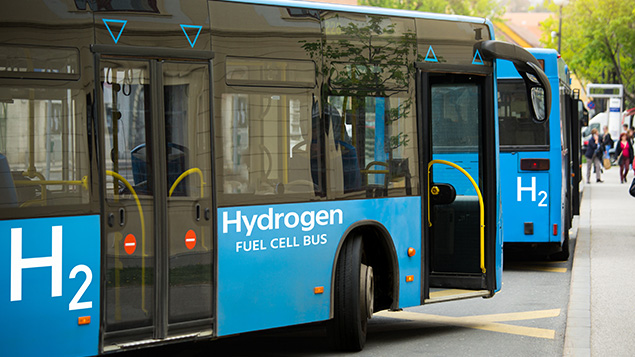Commercial Clean Vehicle Tax Credit

It’s been over a year since the Biden Administration’s Inflation Reduction Act was enacted, and we’re starting to see some of the programs starting to take shape. One of the programs that could impact the transportation industry is the Commercial Clean Vehicle Credit under IRC 45W. This is a credit where businesses and tax-exempt organizations could receive a tax credit of up to $40,000 for purchasing a qualified commercial clean vehicle.
So what’s a qualified commercial clean vehicle you ask? Effectively it’s going to be a plug-in electric vehicle or a fuel cell motor vehicle that meets certain energy standards, is used in your business in the United States, and is made by a qualified manufacturer (you can see the list of those here).
Some of these credits have been available for a few years for personal vehicles like electric passengers cars and trucks, and these credits were extended with the Inflation Reduction Act. For regular passenger vehicles under 14,000 pounds (gross vehicle weight rating), the maximum credit is still $7,500.
However, the new component is the credit relating to the commercial vehicles with a maximum credit of up to $40,000. The credit is determined by the lesser of 15% of your basis in the vehicle (this increases to 30% if the vehicle isn’t powered by gas or diesel) OR the incremental cost of the vehicle. The incremental cost of the vehicle is determined by the excess cost of the qualified vehicle over a comparable vehicle (nonqualified). So for example, if a qualified vehicle costs $140,000 but a comparable vehicle costs $100,000, the incremental cost would be $40,000.
The IRS is still finalizing how taxpayers will claim this credit, but it will likely be on a separate form where the vehicle’s VIN, manufacturer, and cost will need to be reported. The other thing to note is that this is a NONREFUNDABLE tax credit, meaning that it can offset a taxpayer’s tax but will not result in a check going back to the taxpayer. If a taxpayer can’t utilize the full tax credit in the tax year, the tax credit would carry forward and be available to offset tax in the future.
The IRS posted a frequently asked question fact sheet in October that you can find here.
Andy is a CPA and trusted advisor with 15 years of experience providing tax, accounting, assurance, and consulting services to transportation industry owners and operators. He is a tax principal with CLA in the Minneapolis, MN office. He also consults with high net worth individuals and owners of closely-held transportation businesses on all aspects of tax planning, estate planning, and retirement planning. Andy is also the tax leader for transportation industry across CLA.

Comments are closed.